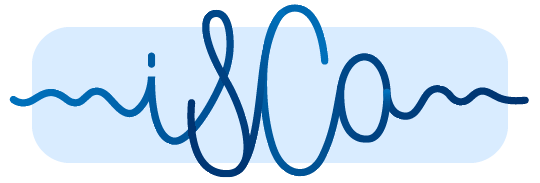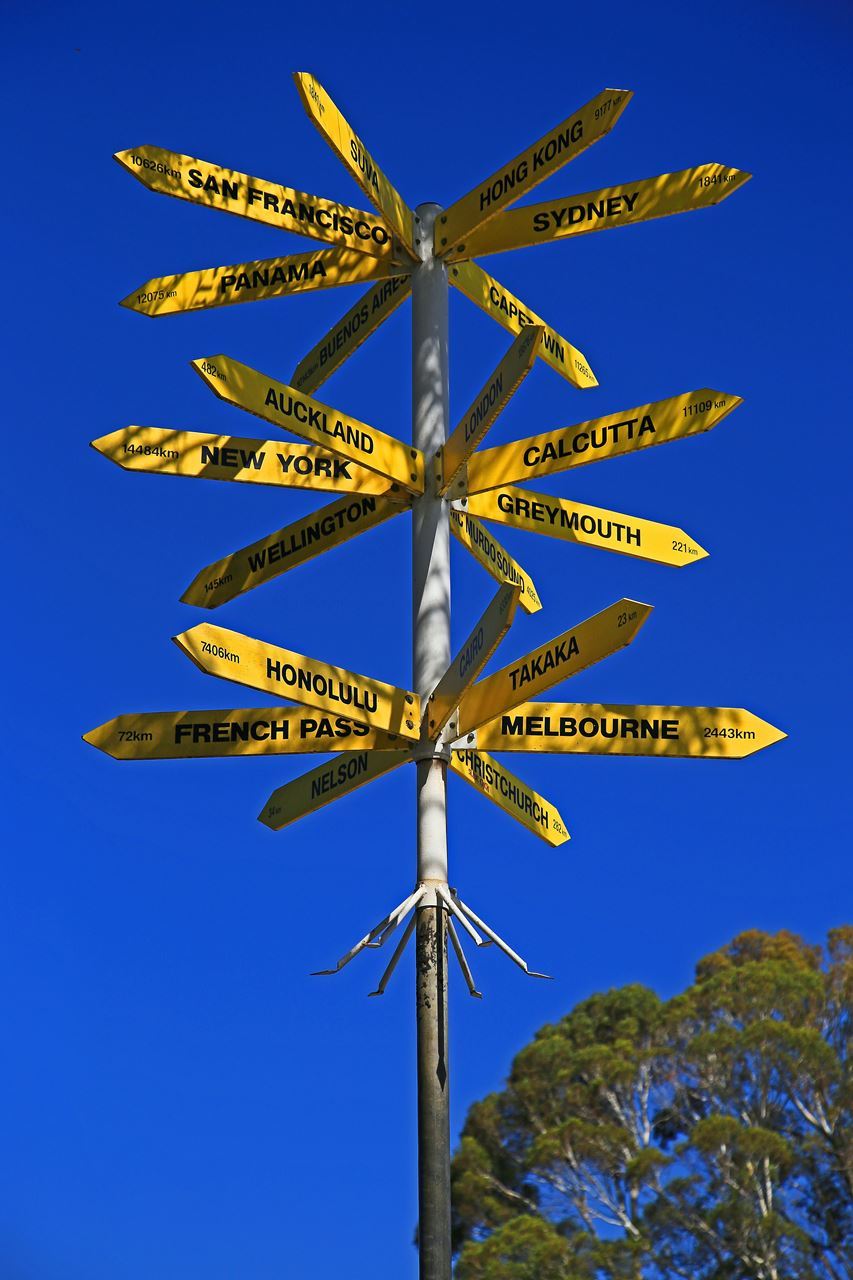- Home
- Activities
- Outreach
- Geographical Outreach
Geographical Outreach
The Geographical Outreach (GO) committee is organized by the ISCA board and chaired by a board member responsible for geographical outreach. Currently this board member is Associate Professor Beena Ahmed, University of New South Wales Sydney, Australia. The purpose of the GO committee is to extend the services of ISCA to different parts of the world, especially those regions where many speech researchers may not be able to attend Interspeech conferences and participate in many ISCA-related activities easily.
Currently the work of the GO committee is focused on four regions where the speech researchers are under-represented in most ISCA programs, and the major goal is to have a sub-committee for each region to make region-specific efforts. These sub-committees are: During every interspeech conference, the GO committee has an annual meeting where the coordinators of each sub-committee report their recent activities and show future directions. In addition to the GO committee, another important channel for ISCA to extend its services to different parts of the world is via Special Interest Groups (SIGs) focused on some specific languages. Currently there are seven Language SIGs with such functionalities as listed below.
More information about the Language SIGs can be found under the section of SIGs. |
|
Geographical Outreach Committee
Chair
- Associate Prof. Beena Ahmed, University of New South Wales Sydney (Australia)
Coordinator of sub-committee on Eastern Europe
- Prof. Alexey Karpov, Professor, SPC RAS, Russian Academy of Sciences, St. Petersburg (Russia)
- Prof. Chafic Mokbel, University of Balamand, Balamand (Lebanon)
Coordinator of sub-committee on South Asia
- Prof. Chandrasekhar Seelamantula, Indian Institute of Science (India)
- Prof. Febe de Wet, University of Stellenbosch, Stellenbosch (South Africa)
- Dr. Andre Coy, University of the West Indies, Mona (Jamaica)
Archive of annual meetings
- Annual meeting of 2025
- Annual meeting of 2024
- Annual meeting of 2023
- Annual meeting of 2022
- Annual meeting of 2021
Below are possible initial actions which may be taken by the sub-committees of the GO committee to extend ISCA services to the specific regions.
(1) If in the regions there are any regional, national or local associations (or similar organizations) of speech researchers (or on related areas), it is possible to develop some sister association relationship between such associations and ISCA, such that members of such organizations can become members of ISCA at reduced membership fees, and vice versa, and possibly something more.
(2) If in the regions there are some regional, national or local workshops, courses, meetings, conferences or events on speech related areas, it is possible to have them partially sponsored by ISCA, and invite via ISCA speakers and participants from other parts of the world to attend such events. It is also possible to hold some currently exisiting ISCA workshops or events in the regions in order to promote the activities in the regions.
(3)The sub-committees may recommend students or young researchers in the regions to apply for grants to attend conferences, workshops and events held worldwide sponsored by ISCA.
(4) The sub-committees may help to distribute relevant information about ISCA services to speech researchers in the regions, such as the ISCA Archive, the membership fee structure, grants, ISCApads, etc., especially those not limited to ISCA members, for example the abstracts of all papers in the ISCA Archive which are openly accessible from the Internet, the web-based services, and the many special interest groups on different areas which can be participated on-line without ISCA membership, and so on.
(5) The sub-committees may help to promote and disseminate to the global research communities information regarding the research activities in the regions via ISCA channels, to increase international knowledge about the activities. For example, ISCA can help to distribute the journals or reports published in the regions, the call for papers of conferences and events held in the regions, information regarding major research projects in the regions, important research accomplishments in the regions and distinguished scientists and researchers in the regions, and so on.
(6) The sub-committees may consider to establish one or more Language Special Interest Groups (SIGs) for research activities on the specific languages used in the region. Such Language SIGs can become more direct channels through which the ISCA services can be obtained. The Italian Language and the Chinese Spoken Language Processing are good examples.
(7) ISCA has a distinguished lecturers program, through which the sub-committees and others may invite lecturers to travel to their regions to give lectures to promote research activities in the regions at ISCA's expenses.
(8) The sub-committees may recommend distinguished researchers in the regions to participate in various research related activities, for example to review papers, to serve as journal editors or scientific committee members, session chairs or invited speakers of conferences and workshops, and so on.
(9) The sub-committees may consider the special situation of their region and propose to ISCA any other possible actions which may be taken to help the researchers in the regions. For example some approaches are specially useful for the regions or to handle some special difficulties or to solve some special problems for the regions, and so on.
(10) Other measures helpful to the research activities in the regions can also be proposed by the sub-committees and considered by the ISCA board.

